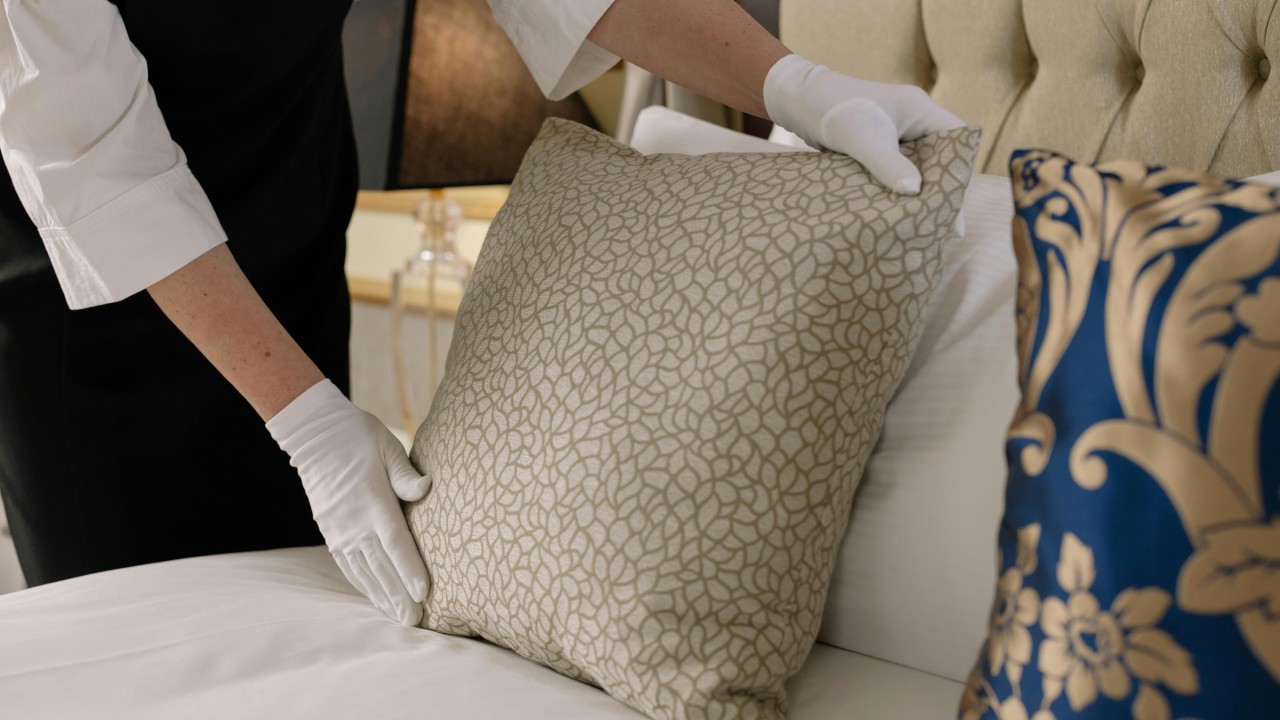In an era where 74% of UK adults report poor sleep and 66.7% of Americans claim they sleep better in hotels, the travel industry is doubling down on a new priority: sleep tourism. No longer just about blackout curtains and pillow menus, this $690 billion sector combines cutting-edge technology, medical expertise, and ancient wellness traditions to help travelers reclaim restorative rest.
What Is Sleep Tourism?
Sleep tourism goes beyond standard hotel comforts, offering curated experiences designed to address chronic sleep issues or simply optimize rest. As highlighted by National Geographic Traveller (UK), programs range from medical diagnostics at Spain’s SHA Wellness Clinic to Maldives retreats recalibrating circadian rhythms through barefoot walks and herbal baths. The common thread? A data-backed promise: leave more refreshed than you arrived.
The Science of Sleep Stays
Leading the charge are properties like New York’s Conrad, where Byredo sleep kits and circadian lighting set the stage for deep rest. Hilton’s Wellness Rooms take it further with aromatherapy and Calm app integrations, while California’s Post Ranch Inn collaborates with "The Sleep Doctor," Dr. Michael Breus. "Hotels now recognize sleep as the foundation of wellness," says Hilton’s Amanda Al-Masri in an interview with the New York Post.
Beyond the Mattress: Holistic Innovations
Italy’s Lefay Resort taps acupuncture, while France’s Royal Champagne Hotel pairs soundproof suites with sleep-inducing mocktails. For tech enthusiasts, London’s Kimpton Fitzroy offers AI-assisted lucid dreaming experiences—complete with VR meditation and AI-generated dream art. As sleep expert Charlie Morley notes, "Smart beds that track sleep quality will soon let hotels prove their rest claims with hard data."
Why Travelers Are Booking for Zzz’s
Escaping home stressors—kids, pets, or poor air quality—is just the start. Dr. Rebecca Robbins, a sleep scientist cited by the New York Post, emphasizes that hotels provide "optimal sleep environments," with 45% of travelers skipping alarms to wake naturally. Yet for those struggling with jet lag or "first night effect," her advice is simple: pre-trip time-zone adjustments, daylight exposure, and avoiding heavy dinners.
As sleep tourism evolves, one thing is clear: the future of travel isn’t just about where you go, but how well you sleep when you get there.
